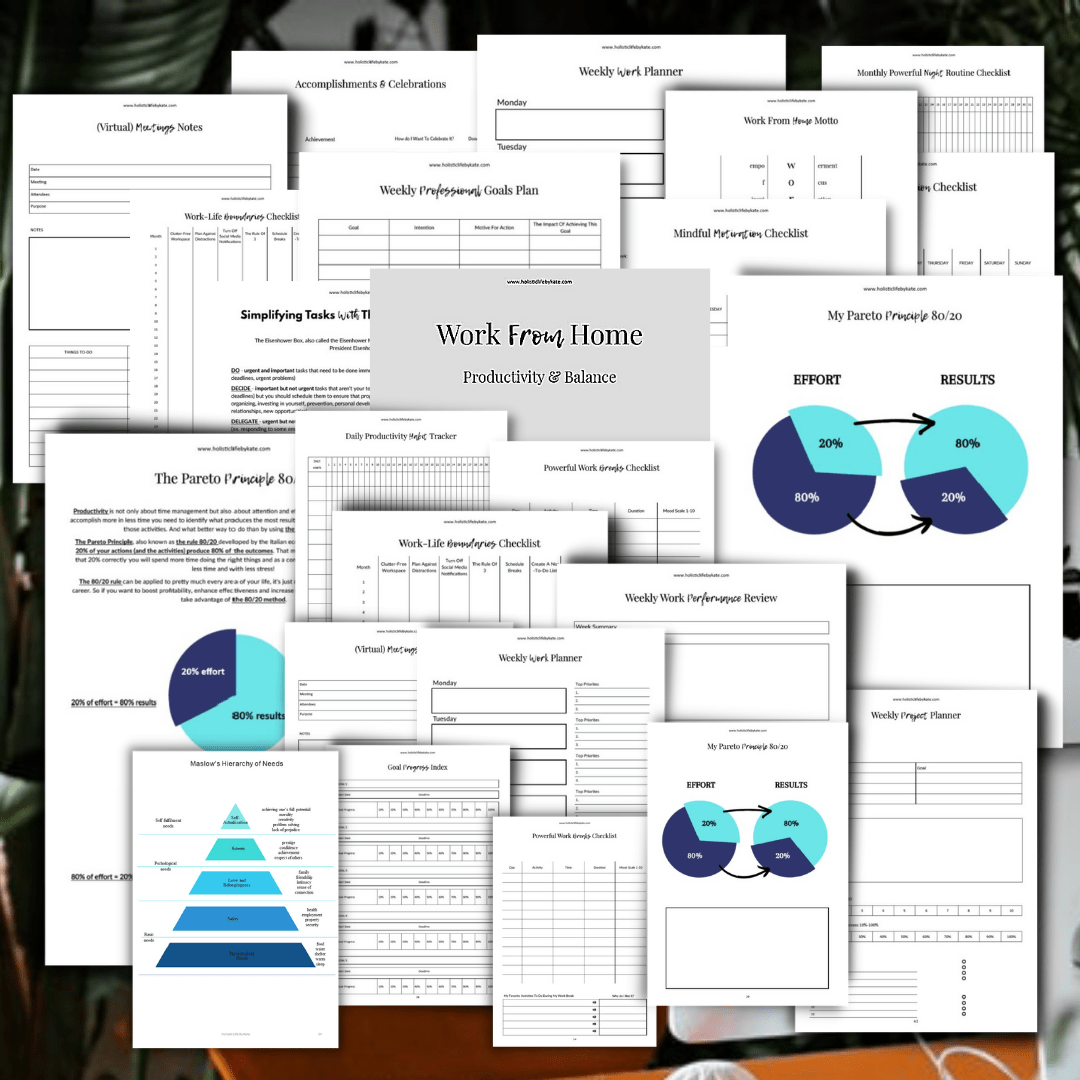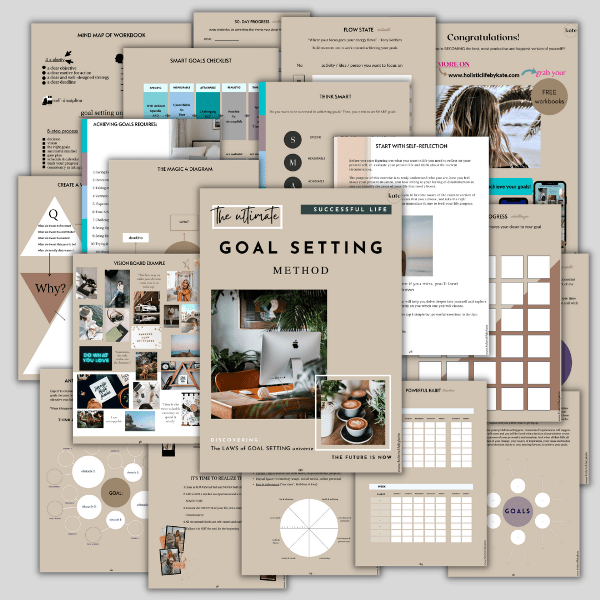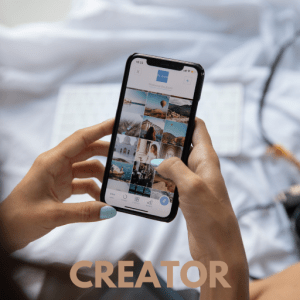Let’s talk about being assertive and assertiveness in general, shall we? But first, let’s see how dictionaries explain these terms:
www.oxfordlearnersdictionaries.com
assertiveness:
the quality of expressing opinions or desires in a strong and confident way, so that people take notice of an assertiveness training course
and
www.collinsdictionary.com
assertive
Someone who is assertive behaves confidently and is not frightened to say what they want or believe:
If you really want the promotion, you’ll have to be more assertive.
In my honest opinion, the world is divided up between people who struggle with assertiveness and those who go straight for their goals without even bother what others think about them. The first group is made up of humans who have a very difficult time standing up for themselves for many different reasons and the other group includes a broad spectrum of people with a very different type of attitude which varies from self-aware and very confident individuals to narcissists and sociopaths who have win-at-any-cost mentality - really dangerous one. Sometimes it’s really hard to understand that some people have really bad intentions and no moral compass and their ultimate goal is to hurt others. Unfortunately, it does not happen so rarely.
This is why it’s incredibly important to pay attention to both verbal and nonverbal behaviors of every single people we talk to. Some may say that’s it’s common sense, but in my opinion, it is a matter of self-protection. And I’m not kidding or exaggerating here. It is one of those things that should be definitely taught at school or even earlier, in kindergarten. Of course, we can assume that everyone is a good person who does not want to hurt or use us and we all have the same moral compass… of course, we can live this way but it would be naive and just ridiculous. You don’t have to watch tv news to notice that there are many evil people out there. That’s why we have to protect ourselves even during a simple conversation because manipulation begins by exchanging words… we all know this but sometimes we just choose to ignore this fact. I really don’t want to scare you (being honest I’m a bit scared myself), I’m just trying to say that it is important to pay attention to other people’s behaviors, words they say, their body language, etc if we want to stay safe and feel good with ourselves afterward.
The Importance Of Assertiveness
Having said that, let’s focus more on the importance of assertiveness as one of the communication skills we should all acquire for our own good. At this point, we can all probably agree that assertiveness is advocating for yourself in a calm but effective way. In my opinion, assertiveness serves the same purpose as personal boundaries, because it makes you be in control of your own life, helps you protect your inner integrity, makes you empowered, and helps you make good and healthy life decisions.
However, in my personal opinion, assertiveness is often confused with rudeness. This is the main reason why many of us choose to agree with the interlocutor because we want to avoid being rude… quite ironic, don’t you think? The biggest problem with saying “yes” when we really want to say “no” is that shortly afterward we feel helpless, disrespected, and just terrible… Furthermore, we feel this way because we ignored our intuition. We chose not to listen to our guts and it resulted in feeling bad about ourselves. What can be even more disturbing is the fact that, if we do not stand up for ourselves other people see this as our weakness or lack of character. In consequence, we unconsciously or involuntarily become people pleasers. And as we all know it is a highly dangerous attitude towards life not only because it is self-harming but above all, because you became an easy target for all kinds of abusers.
That’s why we should always put ourselves first. Because, putting yourself first and standing up for yourself it’s NOT egoism, narcissism, or arrogance BUT it’s self-respect, self-awareness, and self-love. In other words, putting yourself first means taking care of yourself as you take care of people who you truly love. You deserve to be treated with respect if someone does not understand this you really don’t need this person in your life! It’s all about you not about what other people want from you!!
Let’s say this again: Assertiveness is an extremely important communication skill that everyone should be taught in early childhood (I’m not kidding). Unfortunately, many of us weren’t (me included). BUT don’t give up, there is always hope! It’s never too late to learn about assertiveness and start practicing to be a more assertive person. I’m not going to lie, it takes time, effort, and practice but it’s worth it! We should always put ourselves first without feeling sorry for doing this! Because by standing up for ourselves we preserve our integrity and we protect our boundaries! That’s why it is so important! Extremely important. Assertiveness is a skill that can be and should be acquired for our own good.
Stop Apologizing For Being Yourself
Remember, that you’re under no obligation to explain and justify your opinions and choices to others. If you can’t or don’t want to do something you are asked for you don’t have to and a simple “no” as an answer should be enough. (please bear in mind that we’re not talking about family or workplace responsibilities) If a person who you are talking to cannot or doesn’t want to take a “no” as an answer and continues to convince you or even manipulate you to change your mind, I’m sorry but you are dealing with a toxic person.
That’s why it is so important to stay mindful and pay attention during every conversation. Maybe it’s not possible to read minds, but I can assure you that if you pay enough attention to your interlocutor’s behavior, body language, facial expressions, words he/she uses you can tell, with high probability what is the real intention of this person. If all of these verbal and nonverbal messages conflict you can be sure that there is something strange going on.
Furthermore, if verbal and nonverbal behaviors don’t match we are likely to believe the nonverbal but it is still tricky because you can be sure that this person does not tell you the truth. And correct me if I am wrong, but I just see no point in talking with a person who is not honest with us. And I am not talking here about being always 100% honest, sincere and tell the whole “truth and nothing but the truth” unless you’re in the court but if you feel that someone is lying to you or trying to manipulate you do not waste your time and energy to this person. It’s that simple.
For many people out there conversation is all about control. They engage in a dialog with you because they want to win. It’s dangerous, sick and really disturbing but unfortunately, it happens more often than you think. That’s why you should always remember that no one is never responsible for someone’s toxic behavior. We are all responsible only for our own behavior, words and actions and in consequence, we chose if we want to respond or react or other people’s behavior. Self-awareness, mindfulness, self-respect are the key to avoid being a target of someone’s else toxic behavior. Remember no one can put you down if you do not let them do it! I’m not telling you it’s easy because it’s not but it’s possible. Moreover, it should be our priority to avoid being influenced by the negativity and the toxicity that comes from the outside of us. It’s necessary if we want to preserve our integrity and both mental and physical wellbeing.
Listen To Your Gut
How can we avoid the risk of being manipulated or even used against your will you have to be mindful and listen to your guts. Always listen to your gut, your inner voice, your intuition. Intuition never lies to you, sometimes we just choose to ignore this inner voice. It’s our choice more or less conscious, but always a personal choice. Think about all of these moments in your life when you just knew that something wasn’t right with a person or situation and you chose to ignore this and shortly afterward you regretted not listening to your intuition. Keep this in mind. I can tell you from my personal experience that every single time when a person turned out to be a toxic, abusive, compulsive liar I knew that in the first second, I felt it in my guts, every single time but I CHOSE to ignore this and then I had to deal with the consequences and trust me in some cases the repercussions were disastrous.
That’s why my advice is: always listen to your guts. If you feel that something is just not right with a person you’re talking to just finish the conversation, give yourself some time, even a couple of minutes to think things over again. No one can force us to continue the conversation with an aggressive, hostile, and confrontational person even at work! It calls abuse! Yes, it’s abuse. Nothing else. Unfortunately, there are a huge amount of abusive, narcissistic people out there and because of that, it is highly likely that you will meet this kind of person in almost every environment you will find yourself in. That’s why it is so important to set personal boundaries, protect yourself, learn how to be assertive in every conversation you engage yourself in, and listen to your guts! Your mind will play tricks and your hurt will usually mislead you but your guts will never lie to you!
10 Powerful tips to be more assertive
1. Learn about assertiveness - because knowledge is the most powerful weapon.
Standing up for yourself and putting yourself first it’s not the same as being an egoist or narcissist. Assertiveness is one of the most important communication skills based on balance. And being an assertive person means finding equilibrium between passiveness (no one wants to be a pushover) and aggressiveness (most of us are not interested in being an abuser). Furthermore, assertiveness it’s not about control but about respect, wellbeing, and taking responsibility for your own life. Of course, don’t forget that every action has a reaction and consequence which means that we have to take responsibility for the actions we take and
2. Build confidence and self-esteem
Learn how to express healthy confidence and to be honest, direct, and open during a conversation.
3. Become mindful
Being mindful it’s not only about living in the moment but also about developing self-awareness, self-respect, self-love. Practicing mindfulness on a daily basis can also help you to understand your own needs, desires, preferences and help you to find your life purpose. Why is it so important? Well, because first, you have to know what you really want and need to be able to ask or “fight” for it.
Honor your needs! Feed your passions and practice mindfulness!
4. Set healthy, personal boundaries
Personal boundaries help us to:
- Protect our inner integrity
- Promote self-respect
- Separate our own experience from someone else’s
- To be in control of your own life
- Define your own limits
- Make people understand how you want to be treat by them
Of course, you have to be prepared that you can meet with a negative reaction because some people won’t like your personal boundaries. And that’s OK because the purpose of personal boundaries it’s definitely not to please others and make them happy. Furthermore, healthy people (not abusers or manipulators) will understand the importance of personal boundaries because probably they also set them before. At the end of the day, it’s all about your mental and physical wellbeing. Never abandon your values, beliefs, and moral compass because of others. If someone does not like who you are and in what you believe he/she does not deserve to be in your life. It’s that simple. You don’t have to explain yourself to anybody! Be true to yourself and always listen to your intuition!
5. Learn about the art of compromise
Compromise is essential to our existence not only because it’s balancing your and other people’s needs but also sometimes it0s the best way to avoid a conflict. It’s also an essential skill for effective communication with others. Compromise means reaching an agreement and balancing your and other personal needs, wants, and desires in a relationship, friendships, at work, and of course in our society. Remember to state your own opinions with respect and healthy confidence. Don’t be a bully. Humility = Humanity
6. Avoid guilt trips
Train yourself not to feel guilty about starting your own opinions and putting yourself first. Remember that you are not responsible for other people’s feelings, emotions, and happiness. However, you are always responsible for your own actions and the words you say to others that’s why you should always avoid manipulation, demanding behavior, aggressive communication. Because it’s not healthy and it’s called “bullying”.
7. Learn about the problem-solving approach.
Well, definitely you want to avoid extremes that can cause a huge amount of stress. So if the conversation is not going well and you’ve got the possibility to postpone it to another more suitable time you should do it. Seriously! Always try to avoid arguing or fighting with others. And remember that the first one who raises the voice during the conversation always loses because it person who cannot stay calm loses their credibility, which basically means that even the best argument just does not count. Remember about that when you will be about to argue with somebody. Keep calm and stay cool!
8. Listen actively
OK, here’s the deal. We tend to assume that we are all good listeners but then during an important conversation instead of listening to the other person we are preparing our response and in consequence, we have no idea what exactly our interlocutor really meant by his/her words. It’s all about respect. Not listening to what other people tell you is definitely a lack of respect. Of course, I’m not saying that you have to listen when somebody is offending or abusing you because you never should! We’re talking here about the real, normal human conversation that should have a purpose and of course some goal. Listen actively, remember that people are different, have a different point of view, and see things differently and that’s ok. Accepting this means not only respecting others but also respecting yourself.
9. Practice saying “no”
Well, that’s a tough one. Because no one likes to take “no” as an answer. There is nothing strange about this. But again, it’s all about respect. The fact that you want something doesn’t mean that other people have to think the same way and in consequence help you or ease to get anything you want or desire. Nobody at any cost should cut off their nose to spite their face in order to please others. However, learning the art of saying no also means accepting a “no” as an answer without trying to change other people’s minds. As always, “practice makes perfect” and learning to say “no” and accepting a “no” as an answer is not an exception. Train yourself to let go of the discomfort of not getting what you want. We cannot have always what we want, sometimes it’s hard to accept but it’s inevitable. And, let’s face it sometimes we want something that it’s not good for us.
Remember that sometimes not getting what you want is a wonderful stroke of luck. ~Dalai Lama
10. Never feel bad for putting yourself first
Everyone is responsible for their own happiness. If we won’t put ourselves first no one will. Do what is right for you and what makes you happy and satisfied with your life but never forget about respect and humility. And above all, do not apologize or feel guilty for expressing your needs, want,s and rights.
Benefits of being assertive:
- Protects your inner integrity
- Protects your personal boundaries
- Earns respect from others
- Helps you develop self-respect, self-love, and self-confidence
- Helps you to develop self-awareness and understand your own needs and feelings
- Helps us to separate our own experience from someone else’s
- Improves decision-making skills
- Improves your relationships because it helps you to communicate openly and directly with others
- Helps you understand that you’re not in charge of how others feel or behave
- Helps you create successful “win-win” solutions













2 thoughts on “Assertiveness - How To Become An Assertive Person.”
I’ve often thought assertiveness is under-appreciated, and so much negativity could be reduced and problems avoided by increasing it. I think it should be taught in schools. It may help boost self-esteem, give people more confidence and control over their actions and decisions, even when it comes to things like bullying at school or taking drugs. It would then go on to hugely help us as adults. Great tips and a fantastic post, Kate! x
Hi Carol!! Thank you so much for your kind words! I really appreciate your feedback!! And you are SO right, assertiveness is under-appreciated! I couldn’t agree with you more. I’ve noticed that assertiveness is usually mistaken for rudeness or even aggressiveness and I myself was so afraid of being rude or hurting someone else’s feelings that I usually ended up as a people pleaser…Yep, unfortunately, it’s true… Now I know that not putting yourself first and not standing up for yourself it’s a really dangerous behavior because some people just can’t wait for the opportunity to use this against you… that’s why it’s so important to work on assertiveness, learning to say “no” when we really want to say no, because at the end of the day we should feel good with ourselves! Definitely, life is not about meeting other people’s expectations but about living your own way, the way that makes us happy, peaceful and fulfilled… Wish you a great weekend! Take care xx